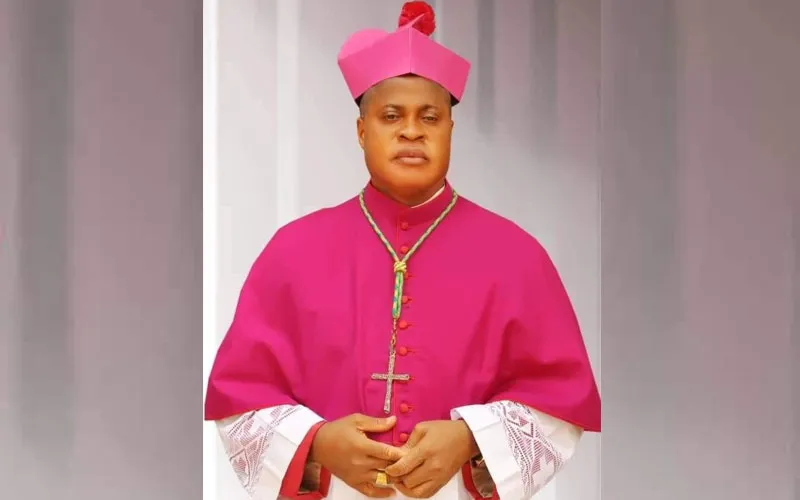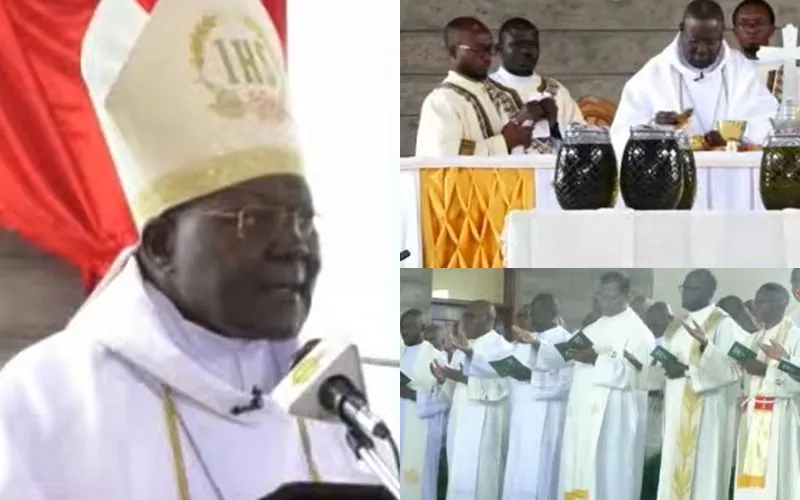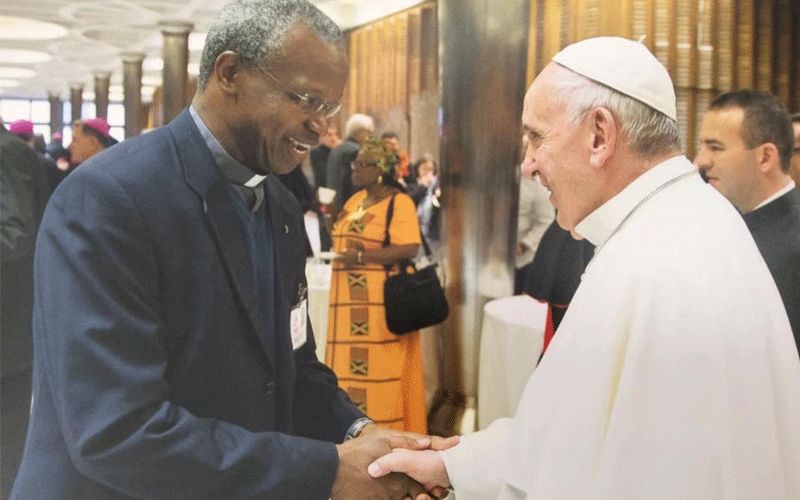The rejection of the Clergy of Nigeria’s Awka Diocese was based on the claim that the Episcopal candidate comes from outside the dominant ethnic group of Ahiara Diocese, the Mbaise, and that Priests of the Diocese feel under-represented in the Catholic Church hierarchy in the West African nation.
He was impeded from setting foot in the territory covered by Ahiara Diocese and many Church activities halted including the ordination of candidates to Diaconate.
The May 2013 Episcopal Ordination of Bishop Okpaleke took place outside Ahiara Diocese, at Seat of Wisdom Seminary, Ulakwo, in Nigeria’s Owerri Archdiocese.
The rejection persisted even after the Nigerian Bishop’s Consecration. In July 2017, Pope Francis directed all members of Clergy of Ahiara Diocese to pledge fidelity to him in writing, and to express their acceptance of the appointment of Bishop Okpaleke as their Shepherd.
According to a report by Agenzia Fides, the Holy Father “received 200 letters from individual priests of the Diocese of Ahiara, in which they manifested to him obedience and fidelity. Some priests, however, pointed out their psychological difficulty in collaborating with the Bishop (Okpaleke) after years of conflict.”
The Pope did not take the route of canonical sanctions and instead, through the Congregation for the Evangelization of Peoples, directed the Clergy of Ahiara Diocese “to reflect on the grave damage inflicted on the Church of Christ and expressed hope that in the future they will never again repeat such unreasonable actions opposing a Bishop legitimately appointed by the Supreme Pontiff,” Agenzia Fides reported.
Having failed to exercise his Episcopal Ministry in the Nigerian Diocese, Bishop Okpaleke made known to Pope Francis his decision to resign in writing.
In his letter of resignation, the Nigerian Bishop made reference to the sustained opposition to his appointment saying, “The situation in Ahiara Diocese to the best of my knowledge has not improved. Most importantly, this has been threatening my spiritual life.”
“I am convinced, in conscience that my remaining the Bishop of Ahiara is no longer beneficial to the Church,” Bishop Okpaleke stated in his 14 February 2018 letter addressed to Pope Francis.
He added, “I do not think that my apostolate in a diocese where a group of priests and lay faithful are very ill disposed to have me in their midst would be effective.”





 Bishop Richard Kuuia Baawobr with Pope Francis in the Vatican. Credit: Courtesy Photo
Bishop Richard Kuuia Baawobr with Pope Francis in the Vatican. Credit: Courtesy Photo


